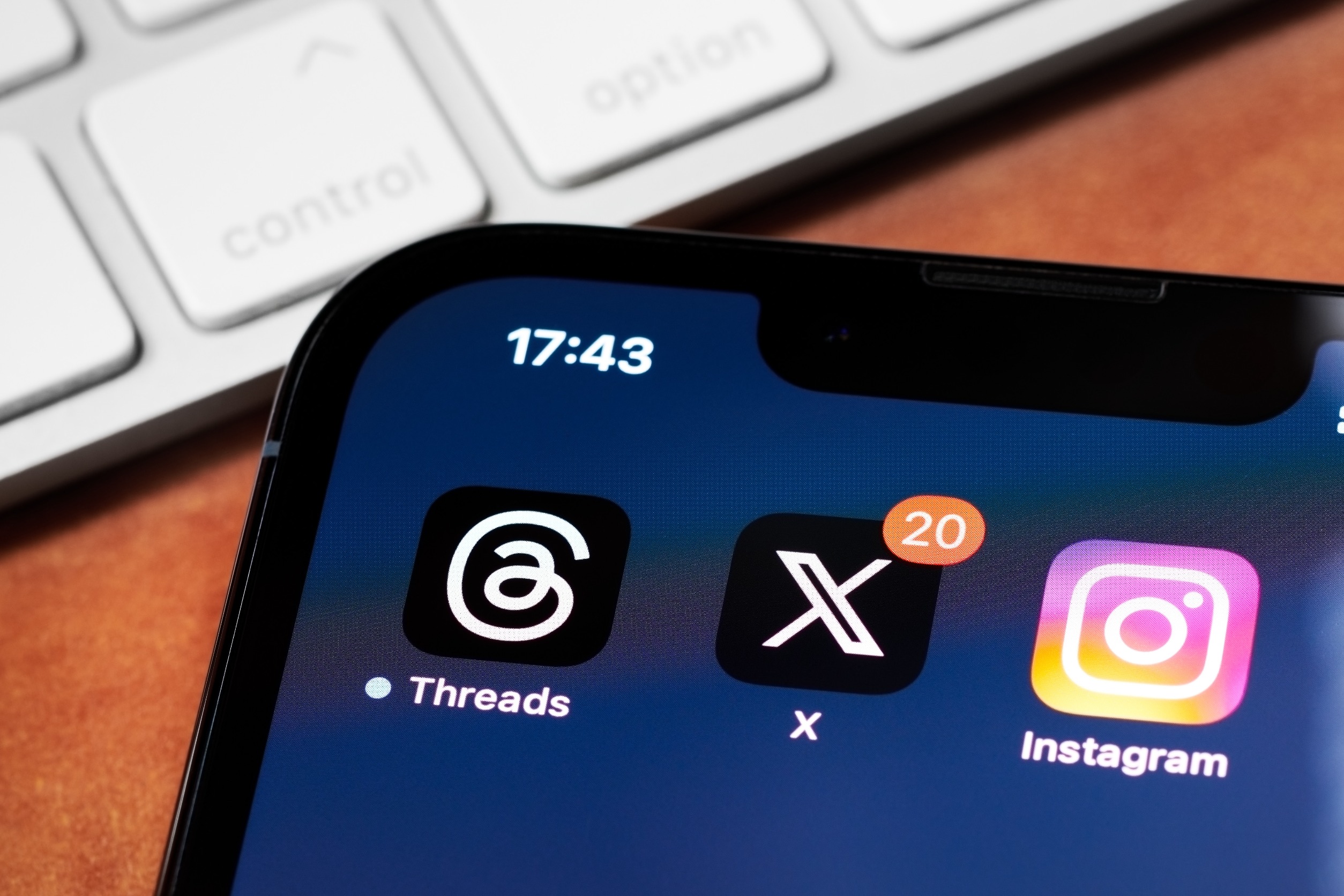The Supreme Court of the United States (SCOTUS) has established a new test for determining when public officials can block individuals on social media. This ruling emerged from two cases, one in California and another in Michigan, where citizens sued under the First Amendment after being blocked on social media by local officials.
In the first case, Lindke v. Freed, a city manager from Port Huron, Michigan, named Freed, was sued by a resident, Lindke. Lindke had posted critical comments on Freed’s Facebook page regarding the city’s handling of the COVID-19 pandemic. Freed, who had turned his private Facebook profile into a page after becoming city manager, identified himself as a “public figure” and listed city-related contact information on his page. After a series of exchanges, Freed deleted Lindke’s comments and blocked his profiles. Lindke then filed a lawsuit, claiming his First Amendment rights were violated.
The second case, O’Connor-Ratcliff v. Garnier, involved the vice president of the Poway Unified School District Board of Education in California, O’Connor-Ratcliff, and another board member, Zane. Residents of San Diego County, the Garniers, frequently posted repetitive and non-responsive comments on the board members’ social media accounts. In response, O’Connor-Ratcliff and Zane blocked the Garniers, prompting them to sue. The Garniers argued that the board members violated their First Amendment rights by blocking them on social media, which they contended were public forums.
The central issue in both cases was whether citizens’ free speech rights are protected on social media when interacting with the accounts of public officials, and whether these officials can mute or delete comments from these interactions. SCOTUS’s decision hinged on determining when a public official’s social media activity constitutes state action.
The Court established that public officers are considered to be engaging in official governmental action online if they have (1) “actual authority to speak on behalf of the state on a particular matter” and (2) “purported to exercise that authority in the relevant posts.” This new standard means an official’s social media activity is deemed state action only if they had actual authority to speak on the government’s behalf and purported to exercise that authority when posting on social media.
Under this test, if an official’s social media activity meets these criteria, social media users may sue public officials for blocking them. The Court’s ruling has significant implications for the balance between free speech and public officials’ control over their social media interactions. Both cases have been sent back to the lower courts to determine whether the citizens’ free speech rights were violated based on the new SCOTUS test.
This decision underscores the importance of citizens’ rights to engage in public discourse with officials on social media without being silenced for criticism. For public officials, it highlights the need to clearly distinguish between their private and public capacities online. The ruling aims to provide clarity on the issue, ensuring that while officials can manage their social media presence, they cannot infringe on citizens’ constitutional rights.
This new SCOTUS test for social media interactions between public officials and citizens marks a pivotal development in First Amendment jurisprudence. It addresses the evolving landscape of digital communication, where social media serves as a crucial platform for public discourse. As such, both citizens and officials must navigate these interactions with an understanding of their rights and responsibilities. Citizens must be aware of their right to engage in public discussions without fear of undue censorship, while officials must be cautious about when and how they exercise their authority online. The ruling aims to strike a balance, protecting free speech while allowing officials to maintain order and civility on their social media platforms.


